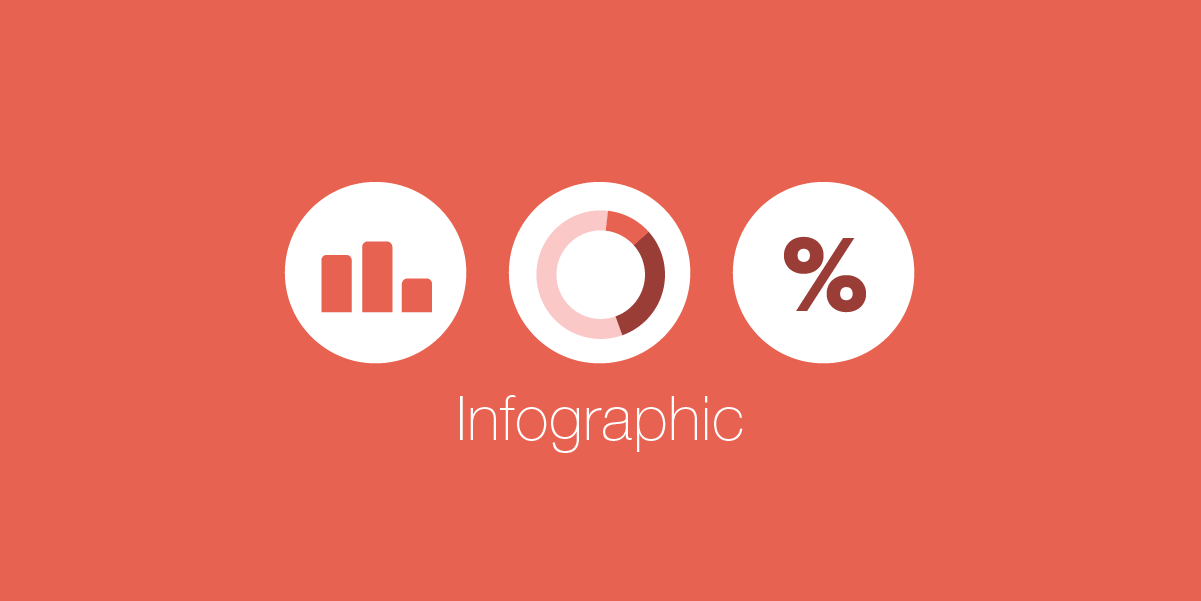Infographic: How Website Speed Affects SEO for Service Businesses
- November 16, 2018
- By: Vonigo
For service businesses, getting to the top of search engines in their local areas can be critical to their success. In fact, search queries are 10 times as effective at generating conversions as social media sharing.
So, it is important for websites to comply with search ranking algorithms to make the top of search result lists. And, as king of the search engines, Google gets to determine which factors are the most important.
Speed Matters
In 2010, Google announced that website speed would be a ranking factor in searches. However, they did not announce which aspects of speed, and to what degree, would be considered by their search algorithm.
Still, the experts researched this extensively. That’s why, even though Google’s algorithm frequently changes, we can tell with reasonable certainty how website speed affects ranking.
Here’s a brief overview.
Direct Impact of Website Speed
As we said, Google did not reveal exactly which aspects of speed influence ranking as there are several ways to measure site speed. Then again, numerous tests have shown that TTFB (time to first byte) is what Google takes into account. TTFB is the time that elapses between a web browser submitting an HTTP request and getting the first byte of the web page from the server.
All other things being equal, websites with lower TTFB rank consistently higher than slower websites. There are several things to do to reduce TTFB, but the hosting server also plays its crucial role here.
Another thing to consider is crawler behavior. Crawlers are programs or web scripts which search engines send to scan (crawl) the Web and store data about web pages. This is the data that shows up in searches. What’s important is that crawlers only spend a limited amount of time on each site, so if all pages take forever to load many of them will not even get indexed for searches. They would not exist in the eyes (databases) of search engines.
Indirect Impact of Website Speed
It’s true that the time it takes for a page to fully load does not factor directly into Google’s search ranking algorithm. However, it can still lower the page’s ranking by influencing the user experience.
Google’s primary concern is delivering websites which match search parameters. The web hosting gurus at the Hosting Tribunal point out that most users will run out of patience and leave if a page takes longer than three seconds to load. Leaving the page quickly after opening it usually indicates a lack of relevant content to the search. So, if too many visitors leave quickly, the page will rank lower in subsequent searches.
Website Speed for Service Businesses
As we can see, website speed can definitely be one of the prime factors determining where the websites of service businesses end up on a list of search results. If you wish to learn more, check out the infographic below for all the info you need to know about website speed.
 Source: HostingTribunal.com
Source: HostingTribunal.com



